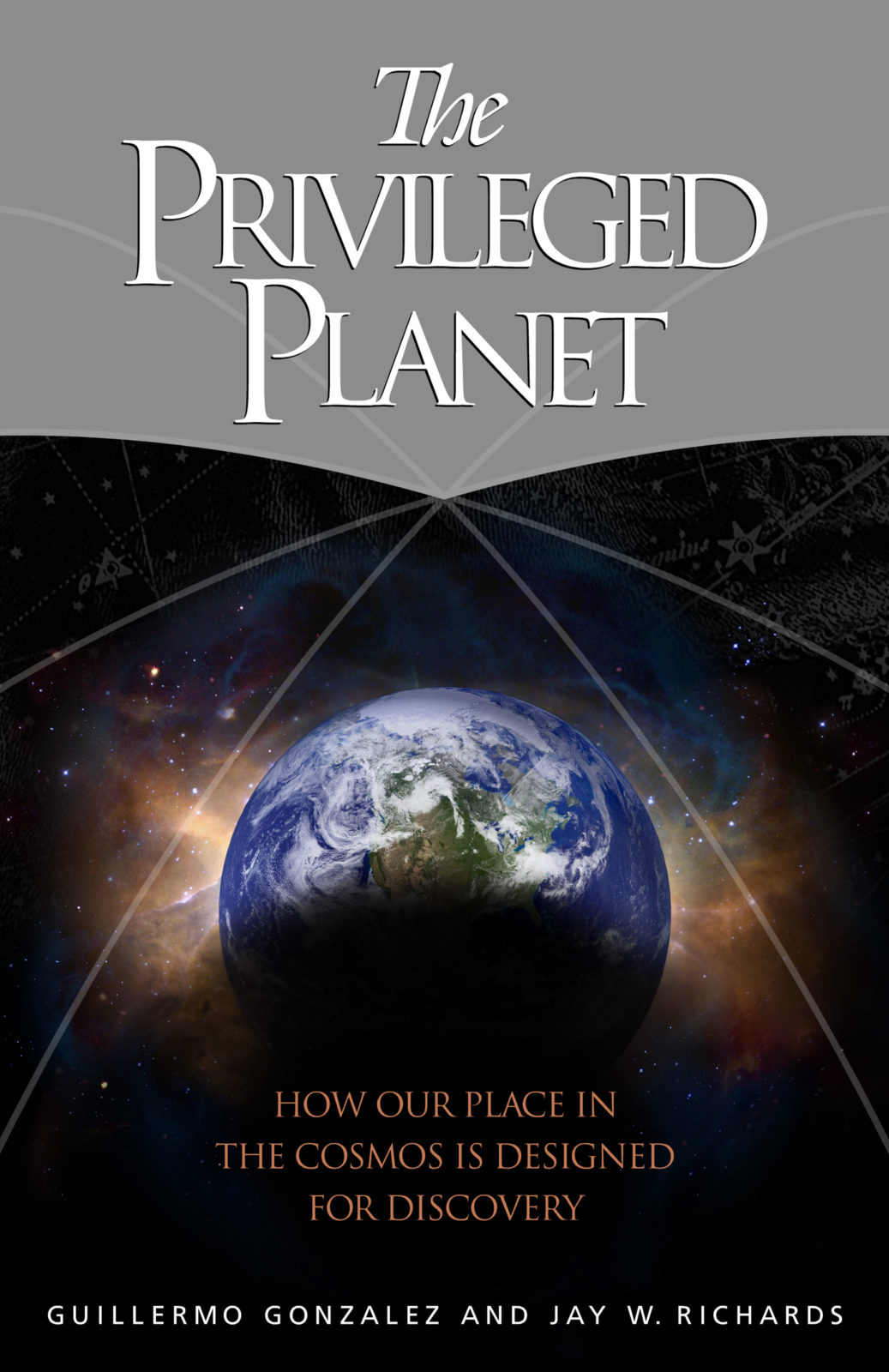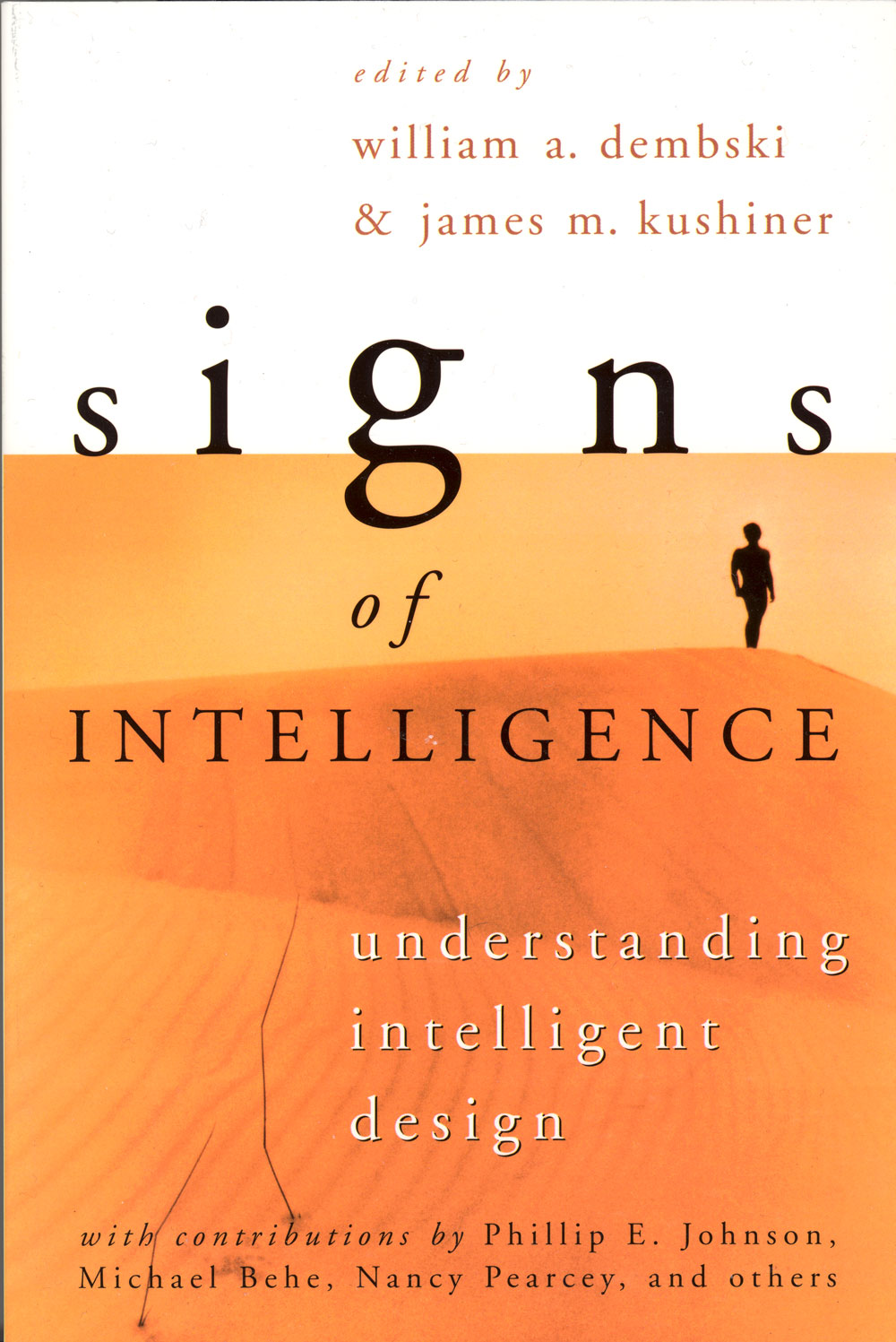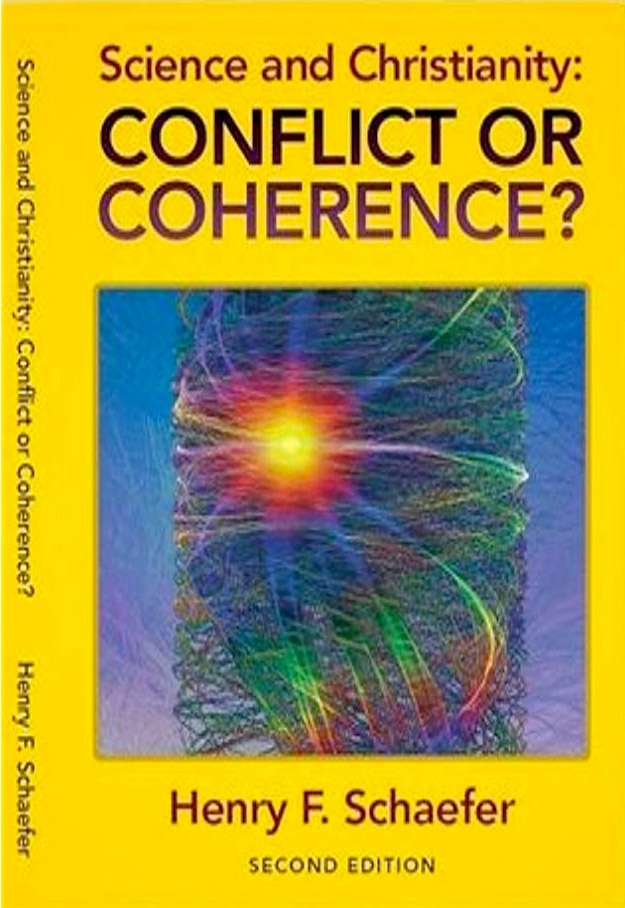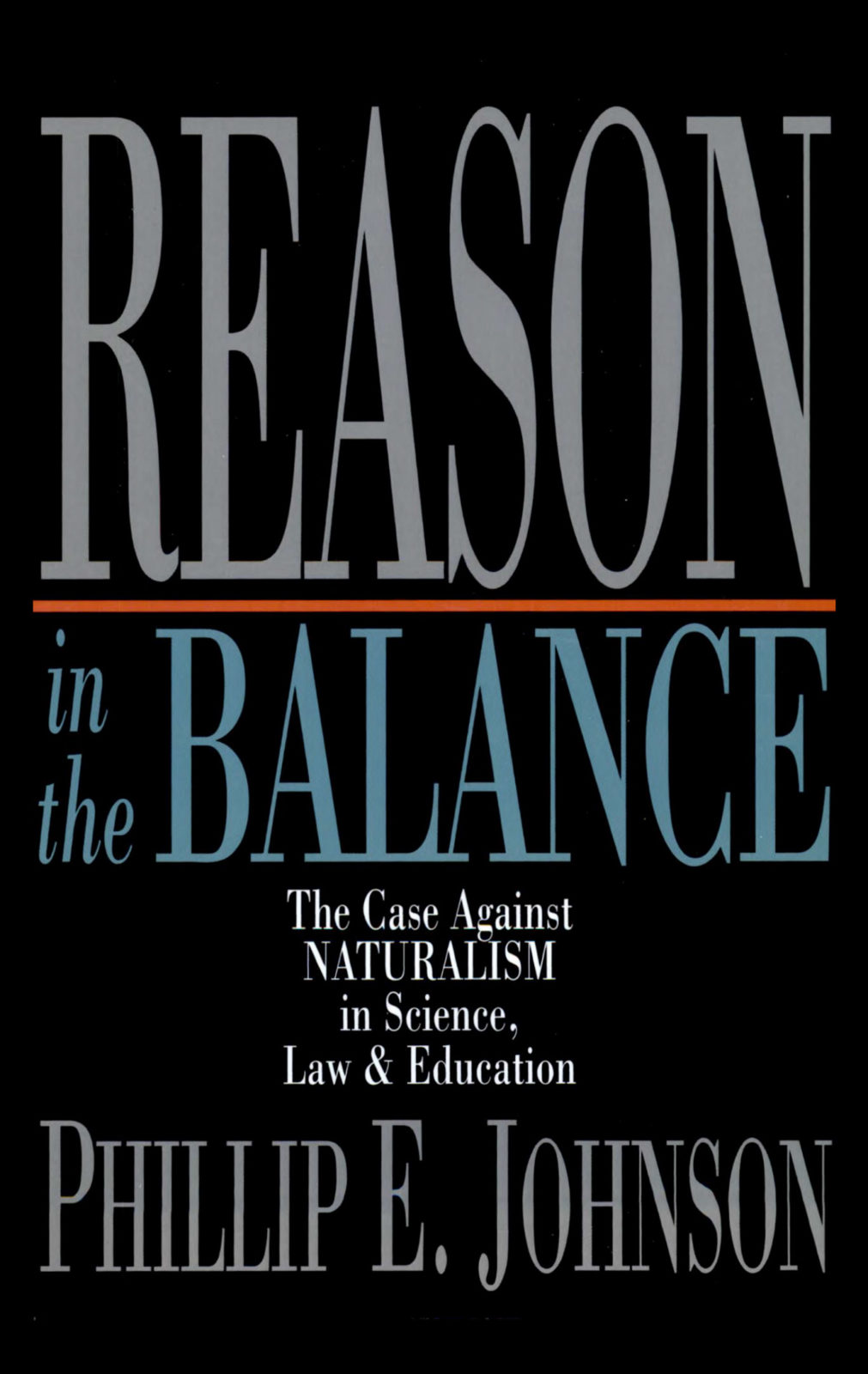Federal U.S. Appeals Court Decision To Throw Out Judge’s Ruling Against Evolution Disclaimers on Textbooks Applauded by Discovery Institute
Atlanta — The U.S. Court of Appeals for the Eleventh Circuit has thrown out the trial court decision ruling that evolution disclaimers on science textbooks were unconstitutional. In a unanimous decision the federal three-judge panel (including both Democratic and Republican appointees) stopped short of deciding the constitutionality of the stickers, and instead sent the case back to the trial court judge Read More ›





